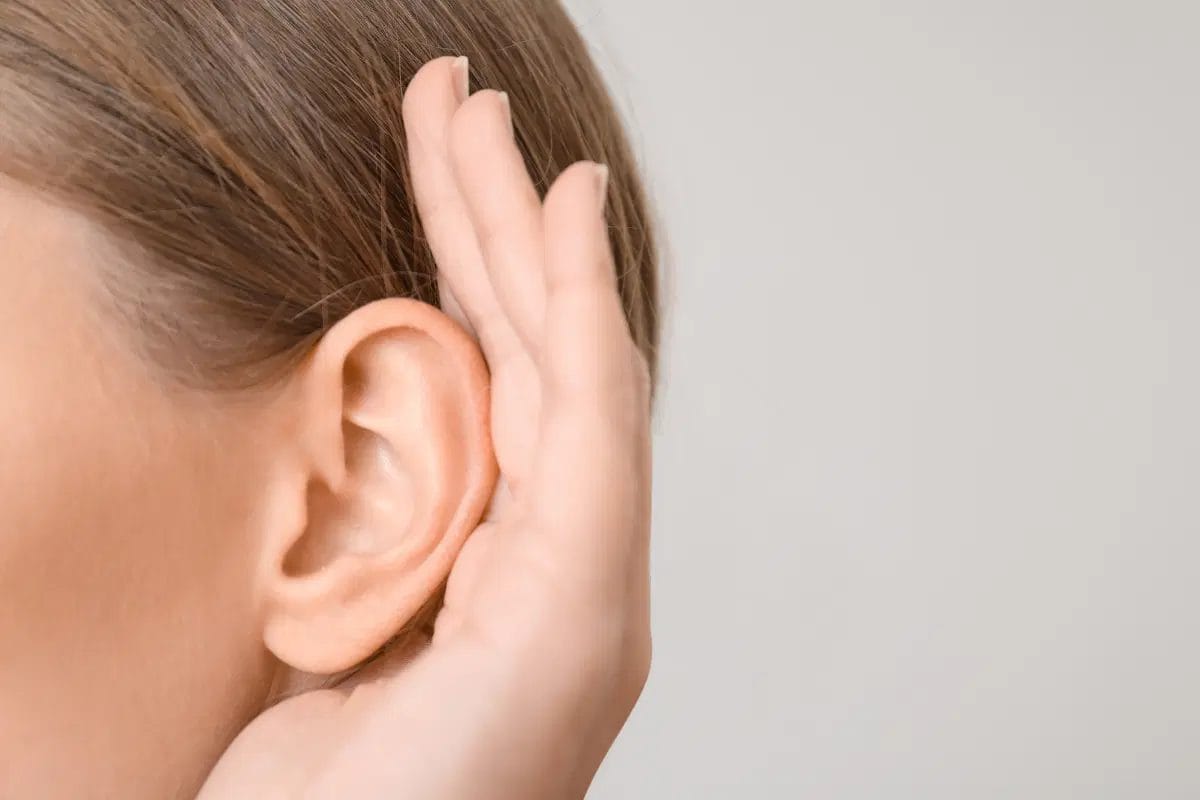According to the National Institutes of Health (NIH), 37.5 million Americans, aged 18 and over, report some trouble with their hearing. Of the millions living with some degree of hearing loss, the NIH estimates 28.8 million could benefit from the use of hearing aids. Navigating the world of healthcare doesn’t get easier as we age, and for those of us experiencing hearing loss, finding the right provider is only the first step towards addressing hearing health concerns. In this article, let’s take a look at how to get started with an audiologist.
Where To Begin?
If you’re concerned about your hearing health, the first and most reliable place to start is through your primary care provider (PCP). Setting up an appointment with your doctor can help you correctly identify if you are indeed experiencing complications with your hearing, and it provides you with the opportunity to receive a referral to a specialist from a trusted source. This is not only a safe, effective way to identify a specialty provider, but for some, it is also the most cost-effective— certain insurance plans may require a PCP referral to ensure you are seeing a provider their services cover.
If a PCP referral is not required by your insurance provider or perhaps you are unable to see your doctor for any reason, the next reliable sources are your own friends and family. Consider reaching out to see if others have visited an audiologist or hearing professional recently, and would recommend them to you. Alternatively, if the previous two options don’t work, a thorough internet search should be able to get you set on the right path. Remember, you should always carefully research doctors before committing to an appointment and confirm with your insurance provider if their services will be covered or partially covered by your plan. If you find that your appointment and device are not covered, consider a third-party financial provider that specializes in financing audiology products or services.
Preparing For Your Appointment
Once you’ve been able to identify the audiologist or hearing professional best suited for your needs, it’s time to get ready for your upcoming appointment. To help get all the information you need, a handy trick before heading into your office visit is to write down a list of questions you have for your doctor, so you can cover off on your biggest concerns. Be sure to ask about any kind of physical evaluations you may need, such as hearing screenings and future tests as well as the costs associated with these preventative measures. It’s also important to ask your doctor about their payment options and if they offer third-party financial solutions that allow you to pay for your out-of-pocket costs over time. Finally, be sure to bring a companion to the appointment with you, who can help assess the information you receive and make decisions about your hearing health.
Now that you’ve been evaluated by a hearing professional, if you’ve been experiencing hearing loss there is a good chance that they may recommend you get a hearing device. You’re not alone — research from the Centers for Disease Control and Prevention (CDC) shows that 7.1% of the U.S population aged 45 and over use a hearing aid or device, with that number increasing to 14.4% for adults aged 65 and over.
Purchasing A Device
In October of 2022, the FDA’s over-the-counter (OTC) hearing aids ruling went into effect, which made it possible for people to buy a hearing aid without a medical exam, prescription, or professional fitting. For patients, this means that it is no longer necessary to go to a doctor’s appointment to receive a hearing aid. Even though this is the case, as with any OTC treatment, it’s important to remember that hearing devices aren’t one-size-fits-all— and that audiologists still have an important role to play in helping connect patients with the hearing solutions that are right for them.
Despite no longer needing a prescription to purchase a hearing device, OTC hearing devices can still be hundreds or even thousands of dollars and prescription devices may only be partially covered by your health plan. The Lifetime of Healthcare Costs in the U.S. study found that about 80% of Americans don’t have a dedicated savings for healthcare expenses. This means that unfortunately many people must wait to buy hearing aids because of the cost.
If you are concerned about being able to afford your hearing aid device, consider looking into a healthcare spending account, flexible spending account or third-party financial solutions such as installment loans or health and wellness credit cards, to pay these types of costs overtime. In the end, what’s most important is to prioritize your hearing health and start the conversation with your doctor today.

Greg Pierce
Greg Pierce brings 30+ years of experience in financial services to his role as Senior Vice President & General Manager, Specialty for Synchrony’s Health & Wellness business, including Synchrony’s CareCredit credit card and recent Allegro Credit acquisition. In his role, Greg oversees multiple healthcare industries including the Hearing market.






